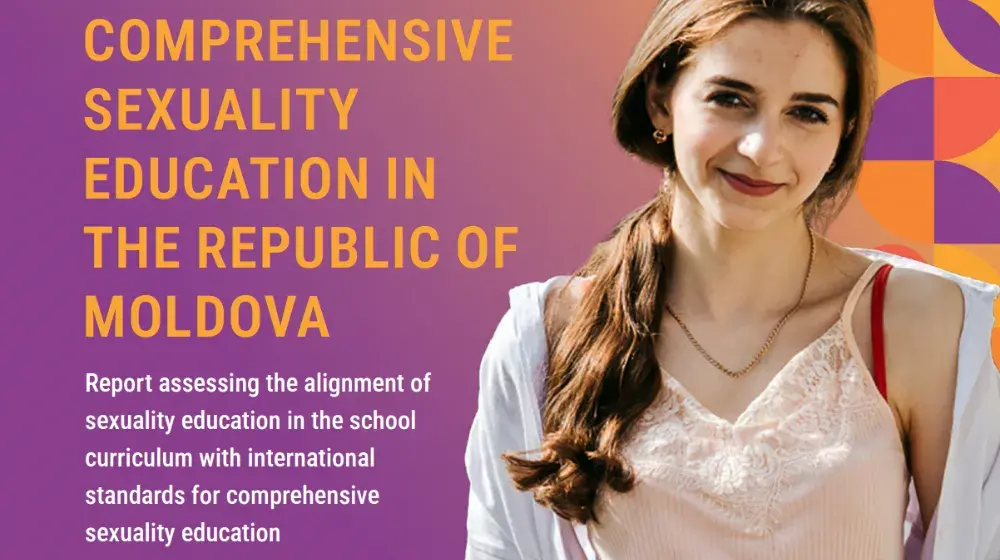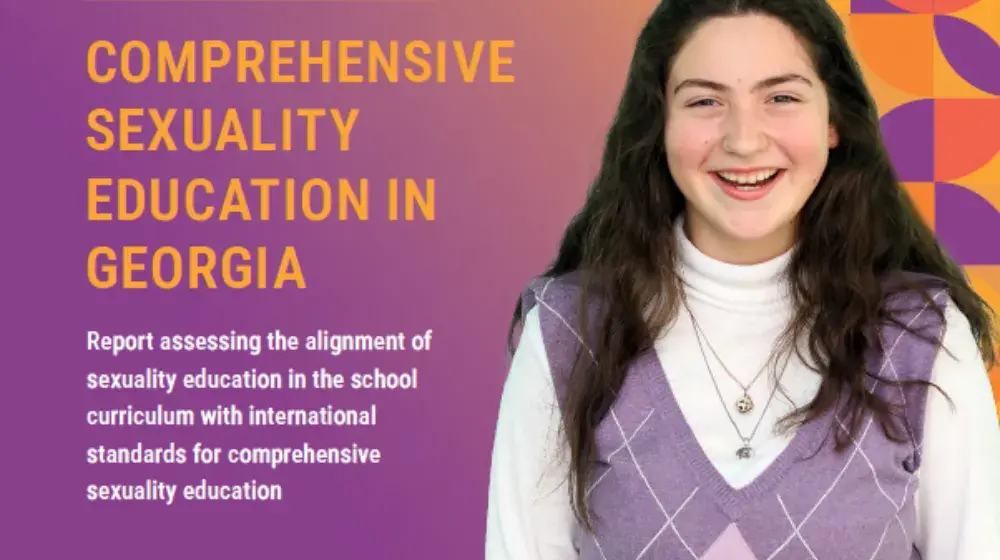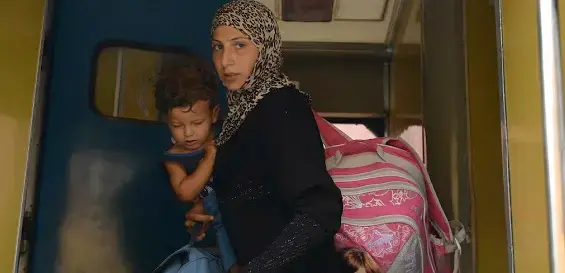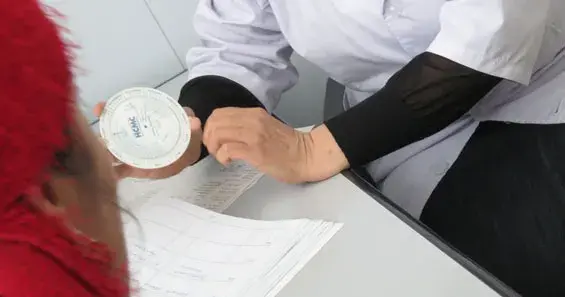Every individual has the right to make their own choices about their sexual and reproductive health. UNFPA, together with a wide range of partners, works toward the goal of universal access to sexual and reproductive health and rights, including family planning.
Reproductive health and development
UNFPA works to ensure sexual and reproductive health and rights remain at the very centre of development. The International Conference on Population and Development draws a clear connection between reproductive health, human rights and sustainable development. When sexual and reproductive health needs are not met, individuals are deprived of the right to make crucial choices about their own bodies and futures, with a cascading impact on their families’ welfare and future generations. And because women bear children, and also often bear the responsibility for nurturing them, sexual and reproductive health and rights issues cannot be separated from gender equality. Cumulatively, the denial of these rights exacerbates poverty and gender inequality.
Key concerns
This is seen most acutely in developing countries, where reproductive health problems are a leading cause of ill health and death for women and girls of childbearing age. Impoverished women suffer disproportionately from unintended pregnancies, unsafe abortion, maternal death and disability, sexually transmitted infections (STIs), gender-based violence, and other related problems.
Young people are also extremely vulnerable, often facing barriers to sexual and reproductive health information and care. Young people are disproportionately affected by HIV, for example, and every year millions of girls face unintended pregnancies, exposing them to risks during childbirth or unsafe abortions and interfering with their ability to go to school. Adolescent reproductive health is therefore another important focus of UNFPA’s work.








